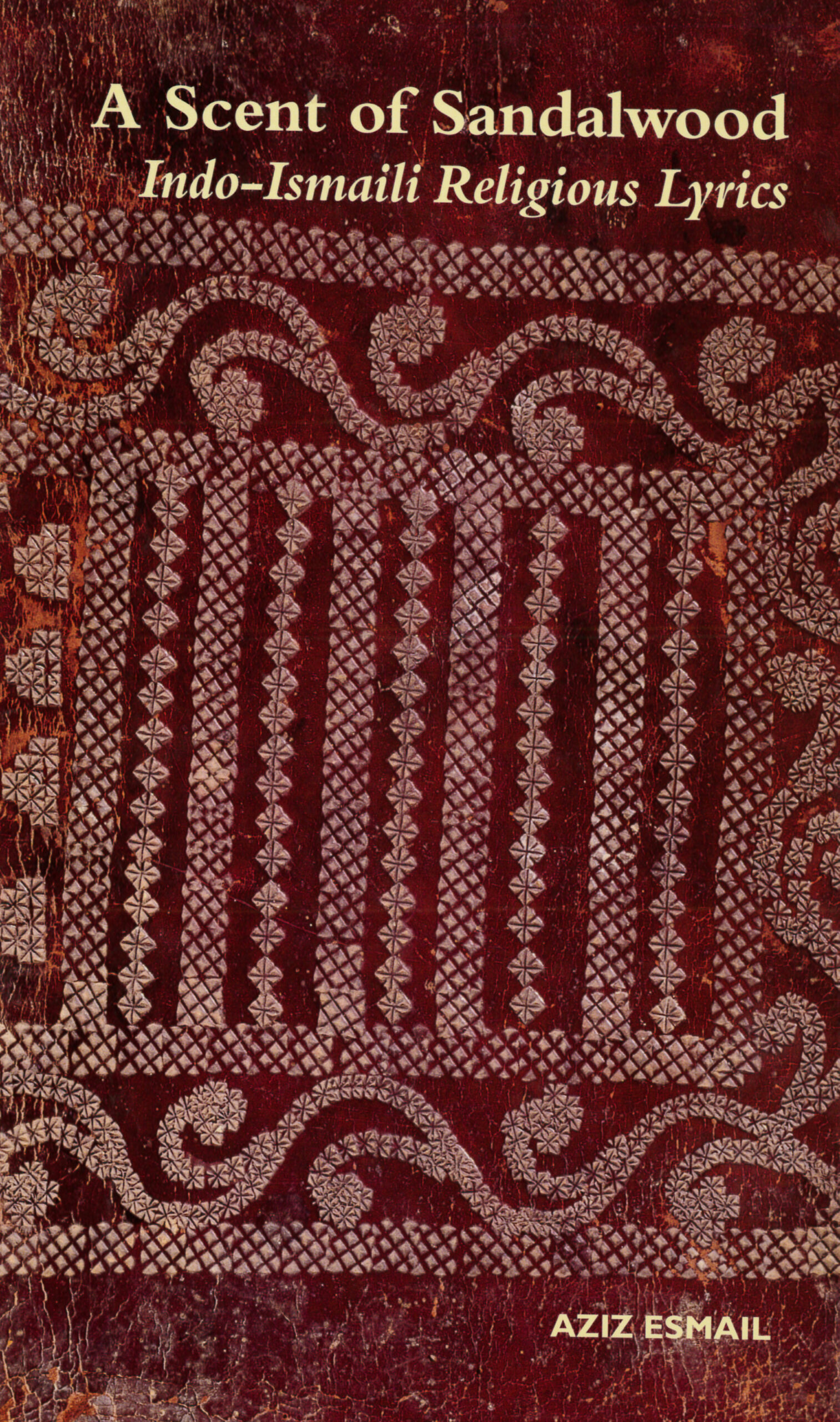The Ginans are a body of religious lyrics or hymns reflecting the synthetic and ecumenical reach characteristic of allied genres, such as the poetry of the Sufi and Bhakti traditions in the medieval, Indo-Islamic environment. Testifying to the origin and evolution of the Ismaili community in India, the Ginans continue to form this community’s living, poetic tradition to this day.
In translating them into English, the present author has focussed principally on the poetic qualities, rather than the theological or communal interpretation and usage of this ljterature. The result is a translation suggestive of the depth of religious thought, feeling and imagination out of which this poetry was born, and the lyrical beauty of the form in which this experience found a voice. Reflecting the simple, vernacular idiom of popular culture in the rural and semi-rural ethos of the Subcontinent, the poetry nonetheless has a mature, complex sensibility which is elucidated by the author through his translations and the detailed commentaries upon them.
The poetry of the Ginans illustrates a historically and culturally specific conception of the world, and of the norms peculiar to that culture, as well as a religious perception that forms a significant part of the religious experience of mankind. Issued under a title drawing on an image from the poetry, this volume will appeal both to specialists and more general readers, including Indologists, scholars of Islam in the Subcontinent, students of Comparative Religion, Comparative Literature, and those with an interest in mystical or devotional poetry.
Preface and Acknowledgements
Introduction
Interpretative Essay
Miscellaneous Ginans
From the Saloko Nāno (Pir Sadardin)
‘A Plea’ (Pir Hasan Kabirdin)
Notes to Ginans
Appendix 1: Note on Transliteration
Appendix 2: Sources and Index of First Lines
Appendix 3: Select Bibliography
Aziz Esmail, whose educational background and interest spans across literature, philosophy, religion and psychology, has taught and conducted research at various universities and institutions, including the University of Nairobi, the Committee on Social Thought at the University of Chicago, and the Centre for the Study of World Religions at Harvard. Interest in language and literature remains one of his several primary interests. He now lives in London, where at present he is one of the Governors of The Institute of Ismaili Studies.

